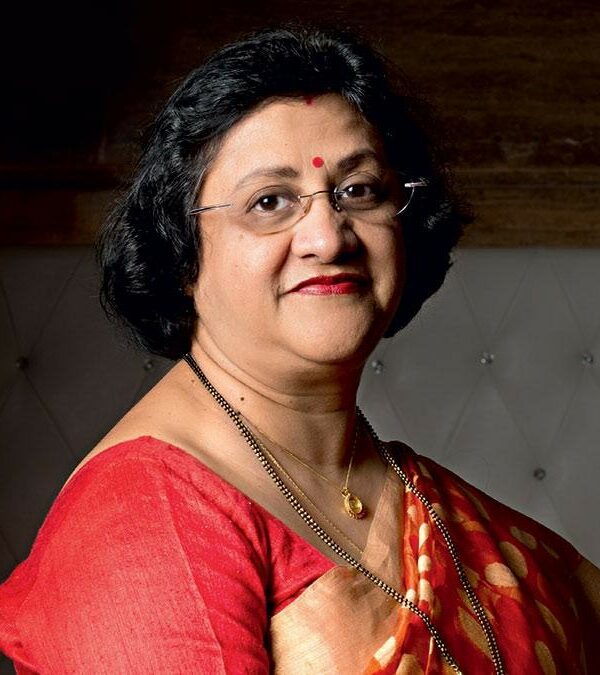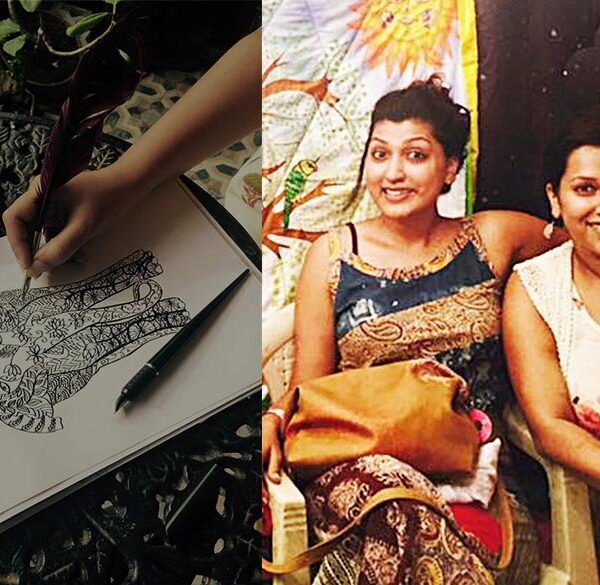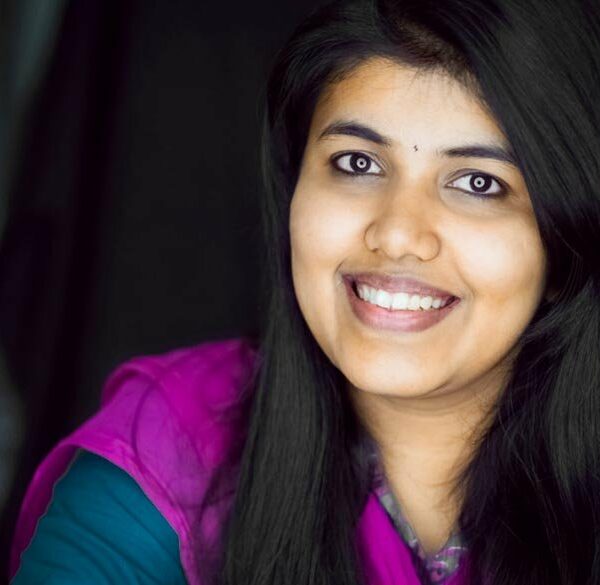Jayasi, a Sufi poet, describes Padmavati, the princess of the Singhala kingdom, as a lady with mythical beauty. Jayasi’s Padmavati represents intelligence, Raja Ratansen is a parable for human soul, Alauddin Khilji is illusion while the fort of Chittorh represents human body; Padmvat is a story of the painful efforts conceived by the human soul in desperate efforts to be one with the mind (intelligence) when human body and illusion are constant impediments.
The Sufi poet in the conclusive verse of his poetry declares that it is a work of fiction. The poem is a result of his efforts to weave an epic tale by drawing inspiration from various historical characters. Jaysi composed this work of art in 1540 when the word democratic was an undefined term. Sanjay Leela Bhansali, the director of the movie Padmavati, struggles to portray the same tale on screen in a country honoured with the status of being the largest democracy in the world.

In the first month of the year 2017, the crew of the movie Padmavati was attacked during a shooting at Jaigarh Fort and the director of the film was slapped by a group of people for ‘distorting’ the historical facts in his movie. Rani Padmavati is alleged to have lustful and romantic scenes with Alauddin Khilji in the movie; Rajputs find it demeaning to their culture that a Rajput queen who jumped into Jowhar to protect her honour is portrayed in such a manner. Apparently, Shri Rajput Karni Sena has taken upon itself to protect the honour and pride of their queen. And, they do it gracefully by disturbing the shooting of the film, attacking the artists and by announcing a bounty for the actress’s head.
Directors like Ashutosh Gowariker and Kunal Kohli have faced similar turmoils before getting their movies released in the past years. It is a part of the process to test a film for religious sentiments, political correctness, communal sentiments and several others before it is deemed fit to release. But, the controversy around Padmavati doesn’t seem to put the fire to rest. From the shooting of the film being disrupted time and again, the controversy has intensified to threats to the film’s actress. Deepika Padukone, the lead actress, has been threatened with dire consequences. The chief of the Karni Sena, who call themselves the protectors of women’s pride, even went on to call the actress “Ek paise pe nanga naach karne wali” on national television.

The women of some royal families have also joined the movement in order to protect the dignity and honour of the women of their community. There are several women entourages on the streets protesting to ban the release of the movie Padmavati. It was back in 1942, when women were on streets to support another leader, Mahatma Gandhi and it was a successful movement. Though that was for a leader who was truly fighting for national freedom and honour. The vigour of this movement is nothing compared to The Quit India Movement of 1942, but as the Quit India Movement this protest also involves participation of women, in hundreds of number, standing up for what they believe. It was a time when women stood with women to fight for a common cause while here, women are protesting in a voice that demeans the honour of another woman.
In a world where technology has created various social platforms to voice out one’s opinion, protests like these which call for violence are concerning. The freedom to voice out ones’s opinions regarding a movie, book or personality is a welcoming thought; it gives way to new perspectives, fresh ideas and healthy discussion but using that expression to threaten to curb another’s creative freedom is a sign of a regressive society. As a society and as a nation, our country has several social stigmas that need to be addressed and in light of those issues, protesting for a movie doesn’t seem worthy to gain much limelight. Safety of women has been a pertaining issue for quite a few years now. In December 2012, women captured the streets of the capital to demand justice for Damini. The power of women, when united for a cause, could be easily assessed by the success of that movement. It is absolutely intriguing to see these women coming on streets with so much zeal and valour to fight for justice. The aggression of these strong women who are marching down the streets with Karni Sena, threatening to chop off Deepika’s nose, is a tool which if utilised to fight real causes can surprise even themselves.

Not just this one but there have been several incidents in the past which have showcased the power of women. A very recent example of that is the 2015 Munnar Tea Plantation Workers’ strike; the women working in the plantation went for a strike for the increase in daily wages. Men were not allowed to even join the strike, neither any interference from the union was entertained. As the number of the women folk increased, the management had to concede to their demands. This strike was not just for wages, it was a feminist endeavour against corruption and corporation.

The power of women has never ceased to surprise the world; when Irom Chanu Sharmila went on a hunger strike, nobody took notice. The strike lasted for 16 years which was termed as the longest hunger strike in the world. Sharmila stood up for the rights of the people who have been suffering from insurgency for decades. Her demands have not yet conceded by the government but Sharmila was efficient enough to spread awareness among her people. It is a woman’s determination and strength that could bring a significant change.
Our rulers often tell us that freedom of speech is considered fundamental in a democratic nation like India. Freedom of speech is not just about showing resent or disagreement, it is also about artists being able to present their ideas without any fears or threats. There are various communities who are standing together against the release of Padmavati but then there are those who are standing by it to protect the creative freedom of the artists. The film fraternity is standing with the makers of Padmavati to protect their freedom of creativity and expression. The artists have gathered together to question the status of their freedom of expression in a democratic country like India. It is a matter of great concern that a caste group has such audacity to threaten the filmmaker publicly and to travel nationwide to stop the release of the film.

Deepika Padukone and Sanjay Leela Bhansali are both brilliant artists who have proved their skills on the big screen. It is demeaning to the art when an artist is questioned and threatened for his work. Storytelling is an art which does not always rely on facts, it is always the storyteller’s perspective that adds flavour and cinematic experience to a story. It would be a severe loss for the nation if the artistic abilities of such actors are threatened.
Epics like Ramayana and Mahabharata have several re-tellings which each author adding his viewpoint to the description and that is what has added to the richness of these characters. Preventing a storyteller from presenting his viewpoints will only deny the audience the pleasure of multiple viewpoints. In a society where artists have to live in constant fear, is not progressing but is doomed to head towards a cultural decline.
The Padmavati controversy is quite a rage right now, it is not a controversy for honour but one for power with political parties flaming it to their benefits. This controversy, like all others in the past, would also be flamed for some time and then, would soon fade. And, so would Padmini.












